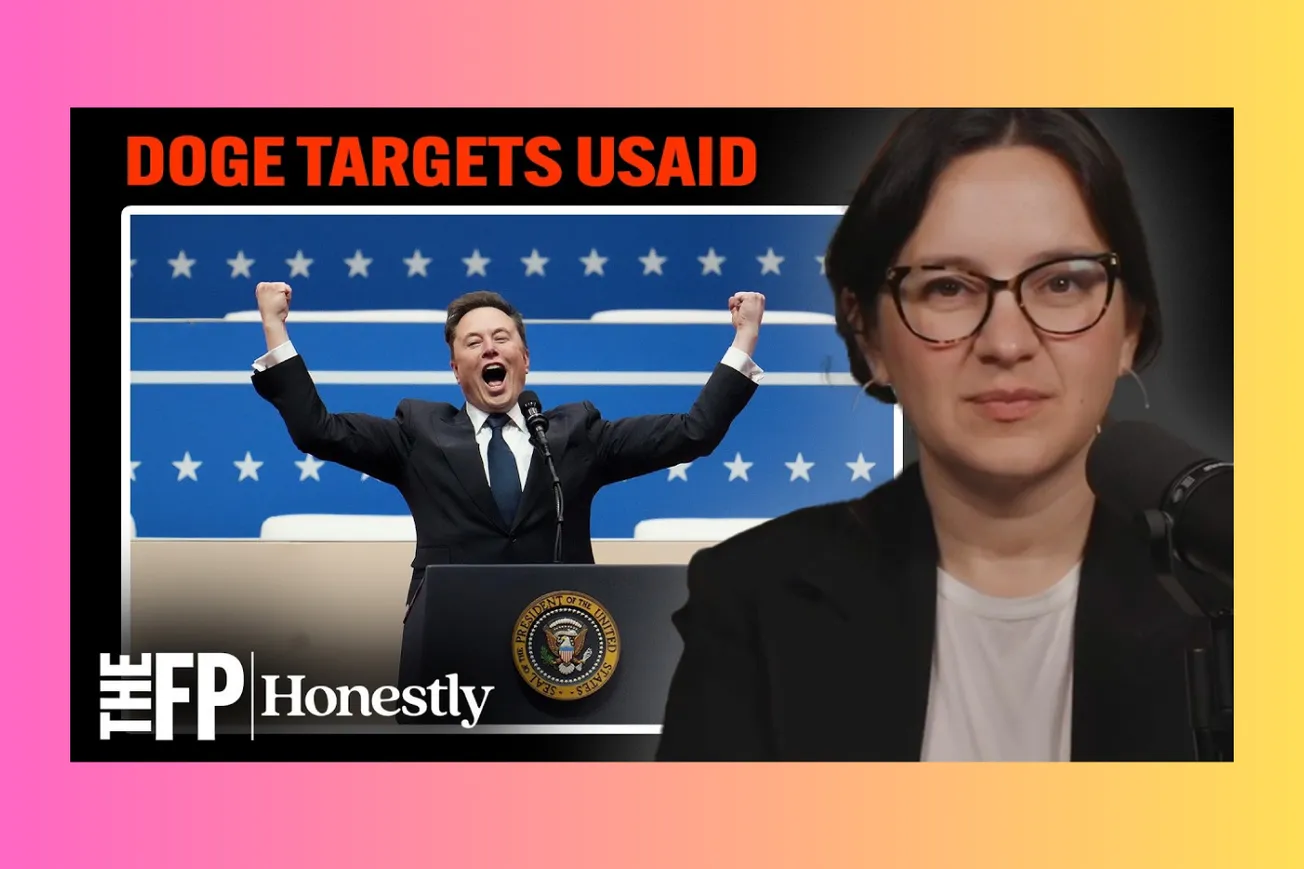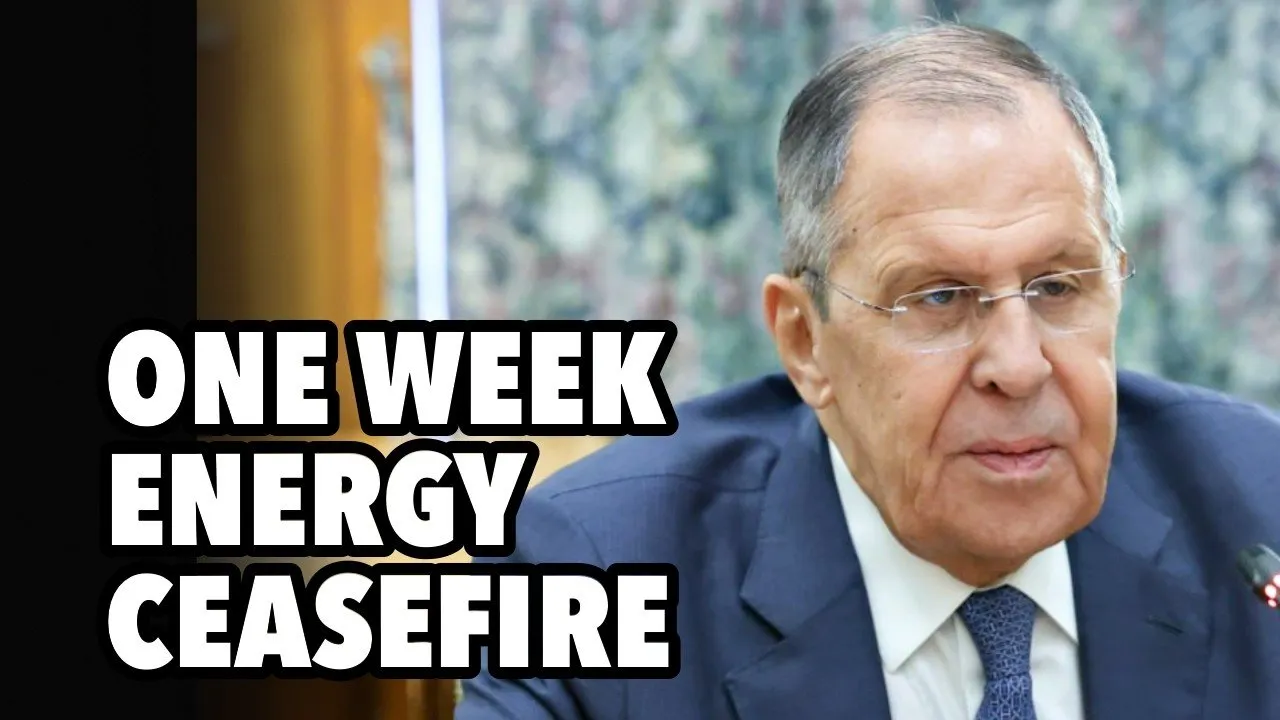Table of Contents
Elon Musk's DOGE initiative has ignited controversy by exposing questionable USAID spending while potentially undermining critical international programs.
Key Takeaways
- DOGE's focus on USAID uncovered wasteful spending like DEI initiatives in Serbia alongside legitimate humanitarian programs
- Foreign aid represents a tiny fraction of federal spending but generates outsized political opposition from working-class Americans
- Programs like PEPFAR have saved an estimated 25 million lives over two decades through HIV/AIDS treatment funding
- Critics worry about power vacuums as China and Russia rush to fill gaps left by reduced American engagement
- The debate reflects broader tensions between America First policies and traditional soft power diplomatic strategies
- Political calculations suggest foreign aid cuts are more palatable than touching Social Security, Medicare, or Medicaid
- Trump's approach favors strong allies who "bring something to the table" over supporting weaker dependent nations
DOGE's Strategic Targeting of USAID
- The Department of Government Efficiency deliberately chose USAID as its first major target, uncovering both legitimate waste and controversial programs that inflame public opinion
- Examples of questionable spending include $1.5 million for DEI initiatives in Serbia and various programs that appear disconnected from American national interests
- This represents an extremely effective political strategy because Americans across party lines harbor skepticism about foreign aid spending during domestic economic challenges
- The audit approach mirrors what would likely happen with any large government agency, including the Pentagon, which has failed multiple consecutive financial audits
Working-class Americans particularly resent funding foreign programs when facing their own economic hardships. DOGE exploited this sentiment by highlighting spending that seems absurd on its face.
- However, the strategy risks conflating genuine waste with legitimate programs that serve broader American strategic interests in global stability and influence
- The approach generates significant media attention and political support while potentially undermining decades of carefully constructed international relationships
The Foreign Aid Effectiveness Debate
- Foreign aid spending represents a minimal percentage of the federal budget compared to domestic entitlement programs like Social Security and Medicare
- Soft power initiatives through international development programs cost far less than military interventions or dealing with regional instability after the fact
- Programs addressing health crises, education, and economic development create long-term strategic partnerships that benefit American interests globally
- The PEPFAR HIV/AIDS program exemplifies successful foreign aid, having saved millions of lives while strengthening American influence in affected regions
The fundamental disagreement centers on whether America benefits from maintaining extensive international development programs. Supporters argue these investments prevent larger problems from developing.
- Critics contend that many programs create dependency rather than genuine partnerships, with recipient nations providing little tangible benefit to American citizens
- The Trump administration's approach emphasizes transactional relationships where allies must demonstrate clear value in exchange for American support
Soft Power vs. America First Strategy
- Traditional foreign policy experts warn that cutting international programs creates power vacuums that adversaries like China and Russia eagerly fill
- The America First approach prioritizes domestic spending and views international aid skeptically unless it produces measurable returns for American interests
- Soft power proponents argue that humanitarian programs and development aid cost far less than military responses to regional conflicts and instability
- The competing philosophies reflect deeper questions about America's role as a global hegemon versus focusing primarily on domestic priorities
Democratic foreign policy traditionally emphasizes supporting weaker nations to create dependent allies, while the Trump approach seeks strong partners who contribute meaningfully to shared objectives.
- This philosophical divide extends beyond party politics to fundamental questions about how America should engage with the world in an era of rising authoritarian competitors
- The debate occurs against the backdrop of global tensions between democratic values and authoritarian governance models promoted by China and Russia
Real-World Consequences of Aid Cuts
- Immediate impacts include women losing access to HIV treatment devices and emergency medical interventions in affected regions
- A particularly concerning example involves 10,000 ISIS fighters held in makeshift Syrian prisons by US-backed Kurdish forces who stopped reporting for duty when aid payments ceased
- Healthcare programs serving vulnerable populations face sudden termination without adequate transition planning or alternative funding sources
- The abrupt nature of cuts, driven partly by Elon Musk's public campaign, prevents orderly transitions that might preserve critical security and humanitarian functions
These consequences illustrate the complex interconnections between seemingly distant foreign aid programs and direct American security interests.
- However, supporters argue that auditing reveals programs that should never have received funding in the first place, regardless of political considerations
- The refunding of some programs suggests recognition that certain initiatives serve legitimate American interests despite initial cost-cutting enthusiasm
Political Calculations Behind the Cuts
- Republican politicians face pressure to reduce spending while avoiding cuts to popular domestic programs like Social Security and Medicare
- Foreign aid provides an politically expedient target because most Americans don't directly experience benefits from international development programs
- The strategy allows politicians to demonstrate fiscal responsibility without alienating core voter bases who depend on domestic entitlement spending
- Marco Rubio's appointment to oversee USAID suggests attempts to balance cost-cutting with maintaining strategically important international relationships
The political dynamics reveal how electoral considerations shape foreign policy decisions in ways that may not align with long-term strategic interests.
- Democratic messaging has failed to effectively communicate how international engagement directly benefits American citizens through trade relationships, resource access, and conflict prevention
- The debate ultimately reflects whether Americans will support global leadership responsibilities or prefer focusing resources primarily on domestic priorities
Common Questions
Q: What percentage of the federal budget does foreign aid represent?
A: Foreign aid constitutes less than 1% of total federal spending, making it a relatively small target for meaningful deficit reduction.
Q: How does DOGE's approach differ from traditional government oversight?
A: DOGE uses public social media campaigns to expose waste rather than working through normal congressional oversight committees and audit processes.
Q: What happens when the US reduces international aid programs?
A: China, Russia, and other competitors often expand their influence in affected regions, potentially undermining American strategic interests.
Q: Are there examples of successful foreign aid programs?
A: PEPFAR has saved an estimated 25 million lives through HIV/AIDS treatment while strengthening American relationships across Africa and other regions.
Q: Will these cuts be permanent or temporary?
A: Many programs are being refunded after review, suggesting the administration recognizes some international aid serves legitimate American interests.
The DOGE initiative has successfully highlighted genuine waste in foreign aid programs while raising fundamental questions about America's global role. The long-term consequences will depend on whether the administration can distinguish between counterproductive spending and strategically valuable international investments.





